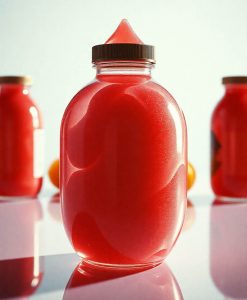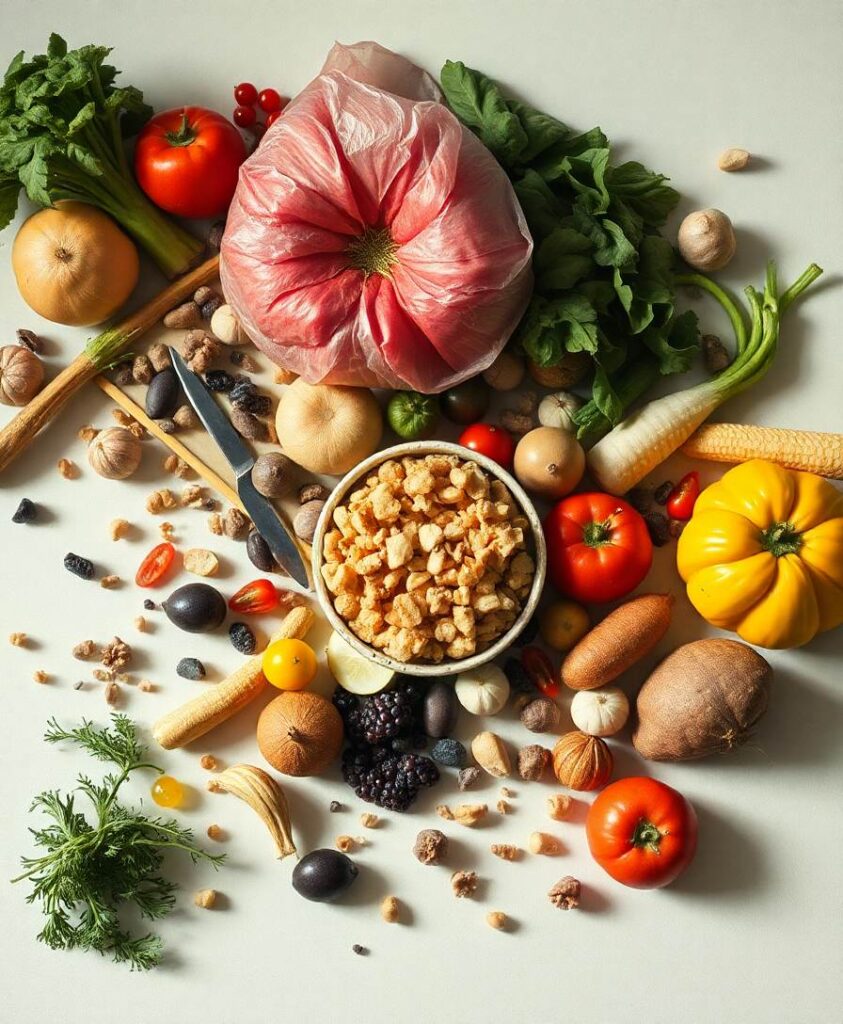Navigating Health’s Hidden Complexities
Science continually reveals surprising connections between everyday choices and profound health outcomes. This research on artificial sweeteners and cancer treatment represents another critical moment where seemingly mundane decisions intersect with sophisticated biological processes.
Researchers examining the intricate landscape of immunotherapy have uncovered a nuanced interaction between dietary habits and treatment effectiveness. By tracking how specific compounds interact with our immune system’s delicate mechanisms, we gain deeper insights into potential strategies for supporting medical interventions. Understanding these subtle biochemical relationships empowers patients and medical professionals to make more informed wellness choices.
Our bodies operate as complex ecosystems where seemingly minor interventions can trigger significant cascading effects. This study invites us to reflect on how carefully we might curate our nutritional environments, especially during challenging health journeys. Beyond the immediate findings about sucralose, the research opens provocative questions about the intricate dialogues happening within our cellular landscapes—conversations that determine resilience, adaptation, and potential healing.
Can Artificial Sweeteners Sabotage Your Cancer Treatment? Here’s the Hard Truth
When we think about the fight against cancer, we cling to every shred of hope,every potential breakthrough that might tip the scales in our favor. But what if something as seemingly innocuous as a sugar substitute is quietly working against us? That’s exactly what recent research suggests about artificial sweeteners, particularly sucralose, in the context of cancer therapies.
This isn’t about fearmongering or scare tactics; it’s about confronting a brutal reality: some foods and additives that we consume daily could be undermining our most aggressive treatments. For those battling melanoma or non-small cell lung cancer, the stakes are devastatingly high. These are cancers that demand precision, resilience, and an unyielding fight,yet, the consumption of high levels of sucralose might be eroding their immune system’s ability to respond effectively.
Imagine your immune system as a finely tuned battle machine,every component working in harmony to identify, target, and eliminate malignant cells. Now, picture adding a foreign, disruptive element into that delicate balance. That element is artificial sweetener, specifically sucralose, which recent research has linked to diminished responses to immunotherapy. It’s as if the very substance meant to sweeten your coffee is stealthily sabotaging your body’s capacity to fight back at the cellular level.
This isn’t conjecture or a distant hypothesis; it’s a stark reality unveiled by researchers studying 132 patients with cancer. Their findings reveal that high levels of sucralose consumption correlate with poorer survival rates and less effective immune responses. It’s a brutal irony,something marketed as a “healthier” alternative to sugar may be subtly, insidiously hindering the body’s fight against cancer.
The implications are profound. For patients undergoing immunotherapy,arguably the most promising frontier in cancer treatment,the choice of what to consume could determine whether they win or lose. Artificial sweeteners, long considered harmless or even beneficial, are now cast in a new light,potentially as silent enemies working behind the scenes to weaken immune defenses.
This raises fundamental questions: How many other everyday substances are quietly sabotaging our health, especially when we are most vulnerable? How many patients unknowingly consume these sweeteners, believing they are making healthier choices, while they are actually undermining their own survival chances? We must demand transparency and accountability from food and health industries that peddle these additives without fully understanding or communicating their impacts.
The message is clear,if you are battling cancer or plan to use immunotherapy as part of your treatment plan, scrutinize your diet with laser focus. Artificial sweeteners like sucralose aren’t just innocuous sugar substitutes; they could be active agents hampering your body’s natural defenses. It’s time to rethink what you put into your body, especially when every decision could be a matter of life or death.
The fight against cancer is brutal enough without adding unnecessary obstacles. As research continues to peel back the layers of how our choices influence treatment outcomes, one thing becomes undeniable:
artificial sweeteners may do more harm than good for cancer patients
.
If you’re committed to winning this battle, your diet must be part of your armor,free from substances that weaken your immune response and compromise your chances of survival. It’s about taking a stand, being relentless in pursuit of health, and refusing to accept anything less than the full power of your body’s innate fighting spirit.
The war against cancer is fought on many fronts,scientific research, medical innovation, mental resilience. But don’t overlook the battlefield right in your own kitchen. The choice is clear: fight smarter, and don’t let artificial sweeteners like sucralose sabotage your best chances at victory.
Learn More: Artificial Sweetener Hampers Cancer Treatment
Abstract: In patients with melanoma or non-small cell lung cancer, consuming high levels of the artificial sweetener sucralose contributes to diminished responses to immunotherapy and poorer survival, researchers reported in Cancer Discovery. When the researchers had 132 patients with…
Link: Read Full Article (External Site)



